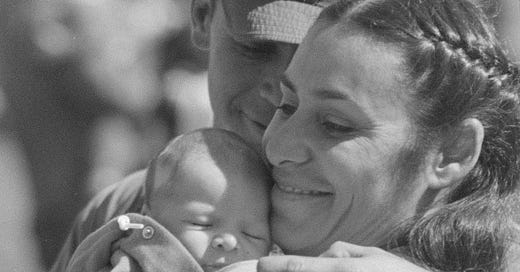Perfecting Equilibrium Volume Two, Issue 64
Now we see everything that's going wrong
With the world and those who lead it
We just feel like we don't have the means
To rise above and beat it
So we keep waiting (waiting)
Waiting on the world to change
We keep on waiting (waiting)
Waiting on the world to change
The Sunday Reader, February 4, 2024
Why do you want to …
Keep reading with a 7-day free trial
Subscribe to Perfecting Equilibrium to keep reading this post and get 7 days of free access to the full post archives.




